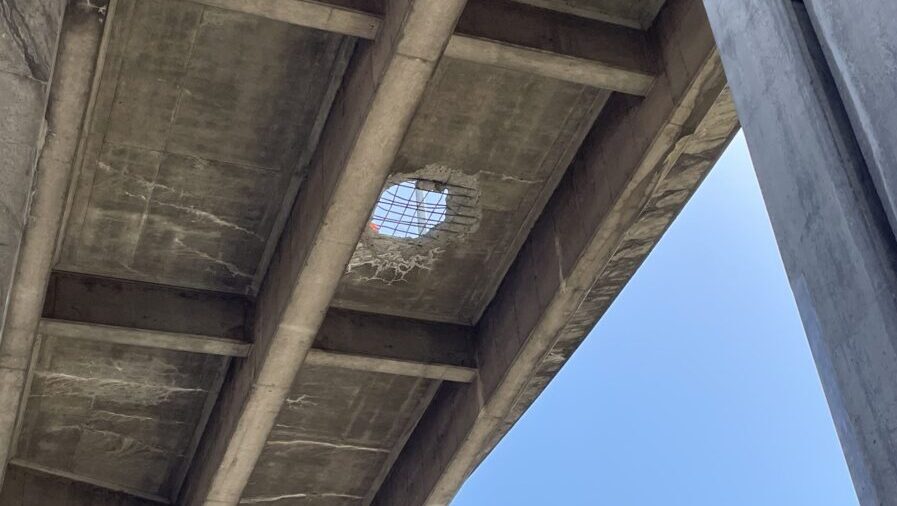I agree that AI isn't ready...yet. While the practicality of retrofitting the upcoming technology to existing equipment will probably be a rather long-term process, the ability of AI to do the things that we do is, I'm guessing, not that far off.
Ability to replicate human sensory input? Force sensors on flight controls for feedback. Vibration sensors throughout an aircraft that can isolate engine vibrations from wheel vibrations from aerodynamic vibrations caused by loose or damaged skin, etc. Visual systems that can look at clouds, and let AI compare it to millions of images that it has catalogued along with their corresponding threat profiles, and cross check visuals with digital radar return inputs. Visual systems looking at all critical flight surfaces and comparing them to millions of images in order to monitor status on an instantaneous basis. Feed AI hundreds of thousands of photos of what Type IV looks like under different lighting conditions and at all stages of pre-failure and failure, and it will become better at determining when to call for inspection or reapplication than your average line pilot.
I could go on and on, but the bottom line is that if we can give AI proper information inputs (better and more detailed than a human can take in), give it all available courses of action, teach it how those actions affect conditions, teach it the full scale of desirable outcomes versus undesirable, and eventually AI will make better decisions, quicker than a human can.


